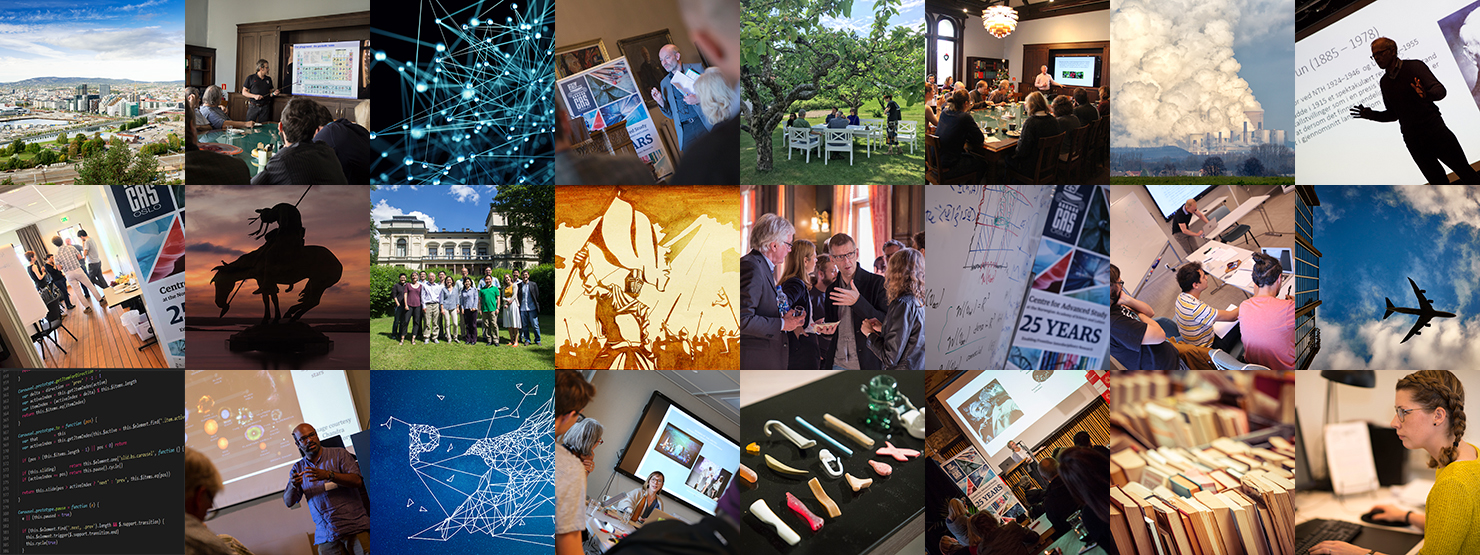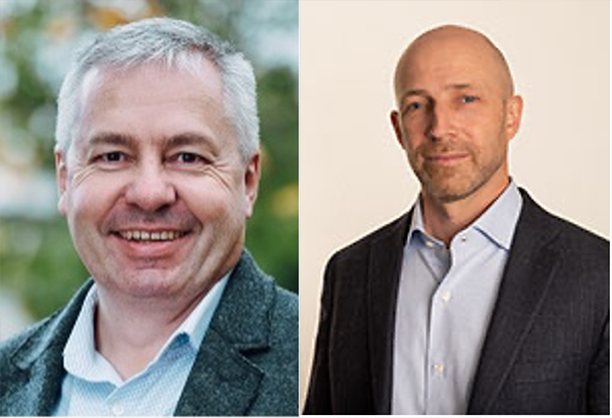Announcing the CAS projects 2023/24

The CAS Board of Directors has elected four new groups for the academic year of 2023/24: A project on the mathematical foundations for image classification from the Department of Economics – BI Norwegian Business School (BI) and the Department of Mathematical Sciences at the Norwegian University of Science and Technology (NTNU); a project on climate responses to regional forcing from the Centre for International Climate Research (CICERO); a project on handling conflicting practical reasons from the Institute of Philosophy at The Arctic University of Norway (UiT) and last but not least a project on friction and fracture processes that control burst-like dynamics leading to geohazards, from the Department of Geosciences and the Department of Physics, both at the University of Oslo (UiO).
The project leaders will spend a whole academic year with their handpicked dream team, uninterrupted by teaching and most administrative tasks.
Signatures for Images
In their CAS-project Fabian Andsem Harang, Associate Professor at the Department of Economics - BI Norwegian Business School, and Professor Kurusch Ebrahimi-Fard at the Department of Mathematics - Norwegian University of Science and Technology (NTNU) will address a cutting-edge problem at the intersection between algebra, analysis, and statistics, and gather «an expert team with diverse mathematical backgrounds» to «build the mathematical foundations for the use of iterated-integrals signature for image classification in machine learning.» The project will serve as a platform for interdisciplinary research from a broad range of mathematical areas as well as data science.
HETerogeneous CLImate Forcing (HETCLIF): Linking regional perturbations to climate implications across multiple scales
Senior Researcher Bjørn Hallvard Samset and Research Director Marianne Tronstad Lund at Centre for International Climate Research (CICERO), will co-lead the CAS project HETerogeneous CLImate Forcing (HETCLIF): Linking regional perturbations to climate implications across multiple scales.
Both Samset and Tronstad Lund have extensive experience in atmospheric science and global climate modelling, Samset with a background from physics and Tronstad Lund with a background from meteorology. In this project, they aim to “quantify the country-to-global scale implications of regional forcing through applications of dynamical theory, high and intermediate complexity modelling, and statistical pattern analysis.”
The Profoundest Problem in Ethics – Handling Practical Reasons in Conflict (PROFOUND)
Professor Attila Geza Tanyi and associate Professor Mathea Slåttholm Sagdahl, both at the Department of Philosophy at the Arctic University of Norway (UiT), address one of the most fundamental puzzles in our lives: “What should we to do when our moral obligations conflict with what is best for ourselves?” Despite its significance, this problem has not been at the centre of attention in contemporary moral philosophy. Their project The Profoundest Problem in Ethics – Handling Practical Reasons in Conflict (PROFOUND) will challenge the Standard View, which holds that «one can resolve such conflicts by comparing the relative strengths of reasons, and by this type of weighing determine what we ought to do all things considered». By doing so this project will also contribute to the methodological development of moral philosophy.
Friction and Fracture and the Onset of Geohazards (FricFrac)

Professor at the Department of Geosciences (UiO) Francois Marie Paul Louis Renard and Professor Anders Malthe-Sørensen at the Department of Physics (UiO), will lead Friction and Fracture and the Onset of Geohazards. The year at CAS will be used to pursue a “physics-based modelling approach to the development of a better theoretical understanding of the friction and fracture processes that control burst-like dynamics leading to geohazards, and the construction of numerical models with potential predictive capability that utilize this advance in understanding.” The project requires an interdisciplinary approach in the domains of geosciences and physics, which Renard and Malthe-Sørensen will realize by bringing together their team at CAS.